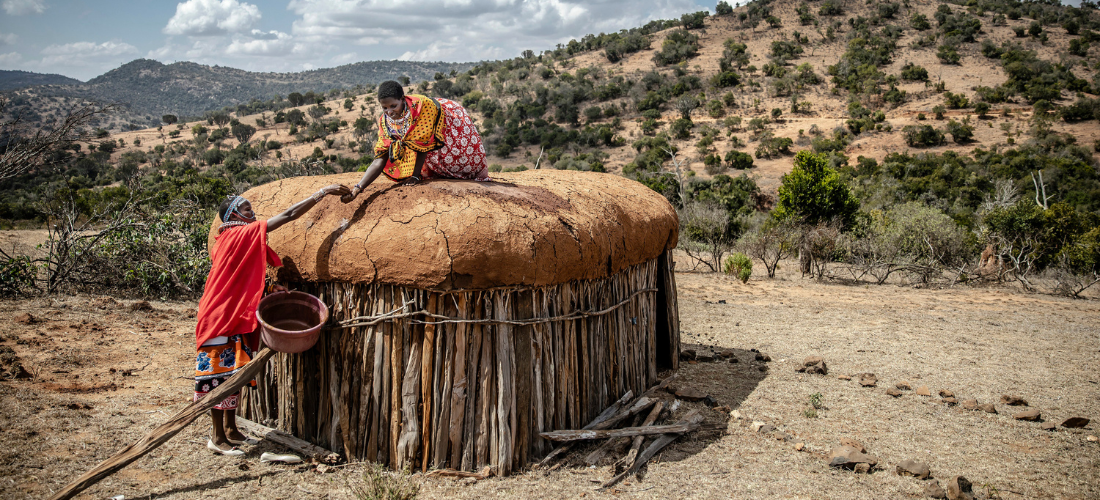
ESS 8 Indigenous Peoples
Objectives
- Recognize and foster full respect for Indigenous Peoples and their human rights, dignity, cultural uniqueness, autonomy, identity, and aspirations.
- Avoid adverse impacts on Indigenous Peoples from activities supported and implemented by FAO and its partners, and minimize, mitigate and remedy adverse impacts where avoidance is not possible.
- Promote the rights of Indigenous Peoples to self-determination and development according to their culture and identity.
- Recognize and respect the rights of indigenous women and men to the lands, territories, and resources that they have traditionally owned, occupied, or otherwise used or acquired.
- Recognize, respect, protect and preserve the culture, knowledge, and practices of Indigenous Peoples and provide them with an opportunity to adapt to changing conditions in a manner and in a timeframe that are acceptable to them.
- Promote interventions that are designed, managed, and implemented for, by and with Indigenous Peoples, including indigenous women and youth.
- Ensure that FAO programmes and projects are designed in partnership with Indigenous Peoples, with their full, effective and meaningful consultation and participation, and with the objective of obtaining their FPIC before any project activities commence.
- Ensure Indigenous Peoples obtain fair and equal benefits and opportunities from supported activities and from commercial development of their lands or resources in a culturally appropriate and inclusive manner, with due consideration given to gender equality.
- Support countries to respect, protect and fulfil the rights of Indigenous Peoples.
- Protect cultural heritage from damage, inappropriate alteration, disruption, removal or misuse; support its preservation and protection; and ensure the equitable sharing of benefits generated from the integration and utilization of cultural heritage in FAO programmes and projects.
- Promote meaningful consultation with stakeholders, including women and youth regarding the preservation, protection, utilization and management of cultural heritage.
Key definitions
According to the United Nations, the term ‘Indigenous Peoples’ refers to distinct collectives who answer to any of the more commonly accepted definitions. Regardless of the local, national and regional terms applied to them, self-identification as a distinct people is a fundamental criterion in the definition of Indigenous Peoples. Other key characteristics of the definition of Indigenous Peoples include: voluntary perpetuation of cultural distinctiveness (e.g. languages, laws, customary cultural, social, economic or political institutions); collective attachment to the lands, territories and resources they have traditionally owned, occupied or otherwise used or acquired; traditional livelihoods and tangible and intangible cultural heritage associated with their lands, territories, and resources; priority in time with respect to occupation and use of specific territory; and an experience of subjugation, marginalization, dispossession, exclusion or discrimination, whether or not these conditions persist. Indigenous Peoples may have a distinct language or dialect, often different from the official language or languages of the country or region in which they reside.
In some countries, Indigenous Peoples may be referred to by other terms, such as ‘ethnic groups or minorities’, ‘aboriginals’, ‘hill tribes’, ‘minority nationalities’, ‘scheduled tribes’, ‘first nations’, ‘tribal groups’, ‘pastoralists’, ‘hunter-gatherers’, ‘nomadic groups’, ‘forest dwellers’ or other terms. Regardless of the terminology used, the requirements of ESS 8 shall apply to groups that satisfy the above characteristics. These groups should be referred to by the internationally agreed term, ‘Indigenous Peoples’, when appropriate.








